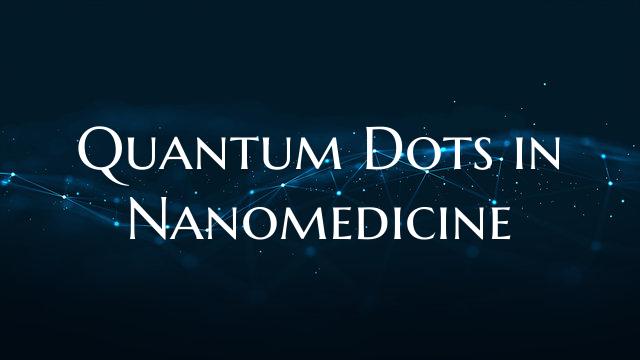Quantum Dots in Nanomedicine
Quantum dots, also known as QDs, are semiconductor nanocrystals that have gained significant attention in the field of nanomedicine due to their unique properties. These nanoscale materials have shown great promise in revolutionizing various aspects of healthcare and medical treatments.
One of the key advantages of quantum dots is their size-dependent optical and electronic properties. Their size can be precisely tuned to emit light at specific wavelengths, making them valuable tools for bioimaging applications. Quantum dots have been used as contrast agents in imaging techniques such as fluorescence microscopy, allowing for high-resolution visualization of biological structures at the cellular and molecular levels.
Moreover, quantum dots have shown potential in targeted drug delivery systems. By functionalizing the surface of quantum dots with specific biomolecules, such as antibodies or peptides, they can be engineered to selectively bind to diseased cells or tissues. This targeted approach minimizes off-target effects and enhances the efficacy of therapeutic agents, reducing side effects for patients.
In addition, quantum dots have been explored for their role in monitoring and tracking biological processes within the body. Through their ability to be multi-functionalized, quantum dots can be used to detect biomarkers, monitor drug release kinetics, and track the movement of cells or pathogens in real-time. This real-time monitoring capability enables healthcare professionals to make informed decisions and adjustments to treatment strategies for better patient outcomes.
Despite the numerous benefits of quantum dots in nanomedicine, there are still challenges that need to be addressed, such as their potential toxicity and long-term effects on living organisms. Researchers are actively working towards developing safer and more biocompatible quantum dot formulations to address these concerns and ensure their widespread application in medical science.
Overall, quantum dots hold immense potential for transforming the landscape of healthcare and medicine through their unique optical properties, targeted delivery mechanisms, and real-time monitoring capabilities. As research in this field continues to advance, quantum dots are poised to play a vital role in advancing the field of nanomedicine and paving the way for more personalized and effective healthcare solutions.

